Regenerative Ecosystems
Industrialized and chemically-driven agricultural and timber production violate our right to healthy, non-toxic food and the benefits of nature’s life-sustaining processes.
What we are doing
We are working with farming and forestry communities to build a regenerative economy that supports biodiversity, climate resilience and thriving soils capable of growing healthy and bountiful crops. Our partners are farm workers, forestry workers and other impacted communities who are leading the transition towards beneficial solutions.
What is a regenerative ecosystem?
Ecosystems that restore, renew or revitalize their own sources of energy, materials, and information help us, and our planet, thrive. Regenerative products are not only recycled and recyclable, but improve the environmental conditions of where it was made, used, and throughout its life cycle.
See also "Regenerative design" (wikipedia.org)
Projects
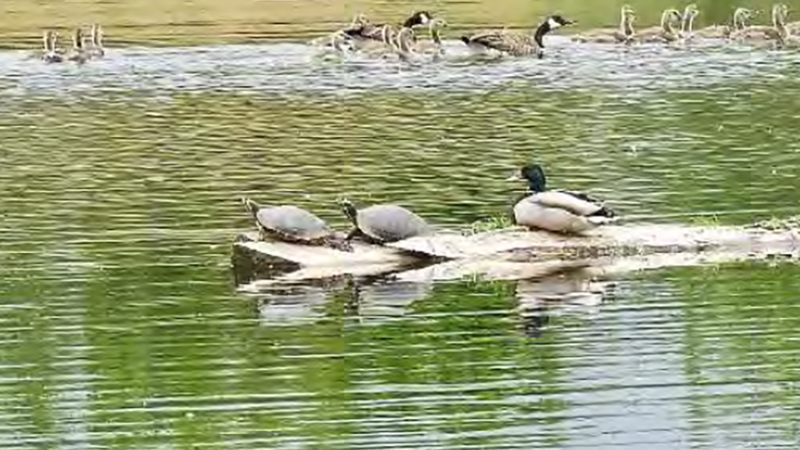
Protect Golden Gardens
We celebrate the wildlife and critical habitats of Golden Gardens Park in the Bethel area of West Eugene. Did you know that Golden Gardens Park is home to one of Oregon’s two native turtle species? The Northwestern Pond Turtle is a state sensitive species and the sight of them basking in the sun in the Golden Garden ponds delights us all. However, their continued existence in these ponds is threatened by the city’s proposed Sports Complex as it may be closer than the required 500 foot buffer, and may allow the possible use of acres of artificial turf fields at this site.
Sign our petition to ask the city to say "No!" to artificial turf!
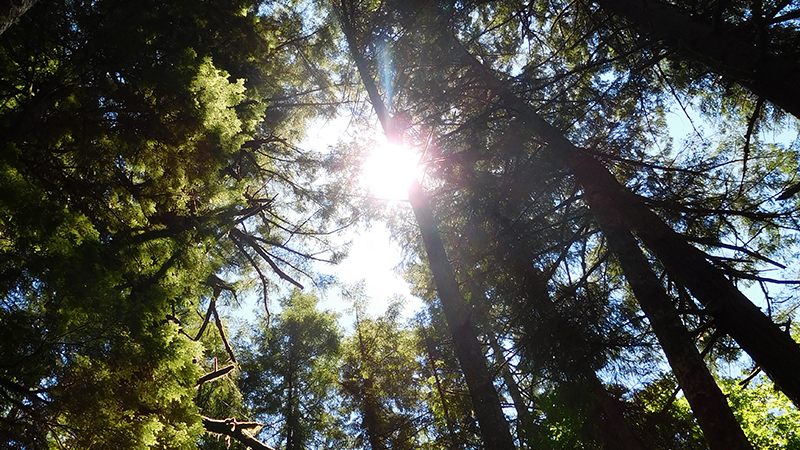
Resilient Forestry
The Resilient Forestry Campaign protects forest lands, watersheds and the ecosystems upon which native plants, wildlife and communities depend. Beyond Toxics provides leadership within statewide coalitions to link forest protections with climate mitigation while pressing for major reforms of forest laws and practices.
Learn more
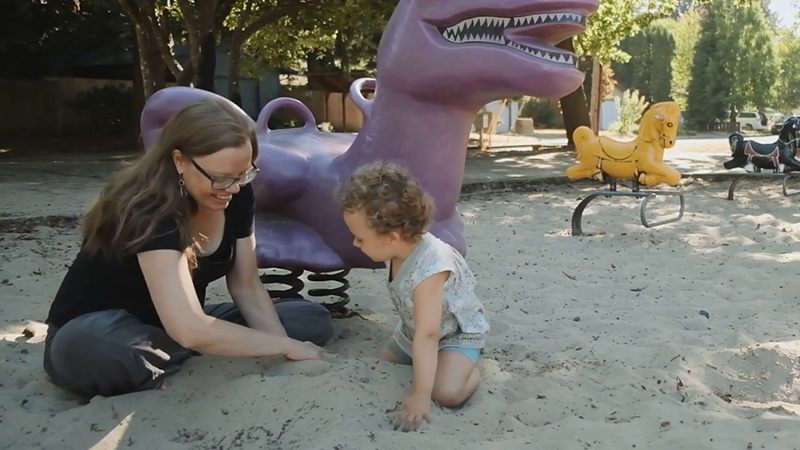
Non Toxic Oregon
Our Non Toxic Oregon Project advocates for protecting people, pets, and wildlife across Oregon from toxic pesticides in parks, sports fields, schools, and roadsides. We encourage land managers to rethink the management of turf in parks, school grounds, playing fields, golf courses, public spaces, and yards, as well as in food production spaces. Learn more
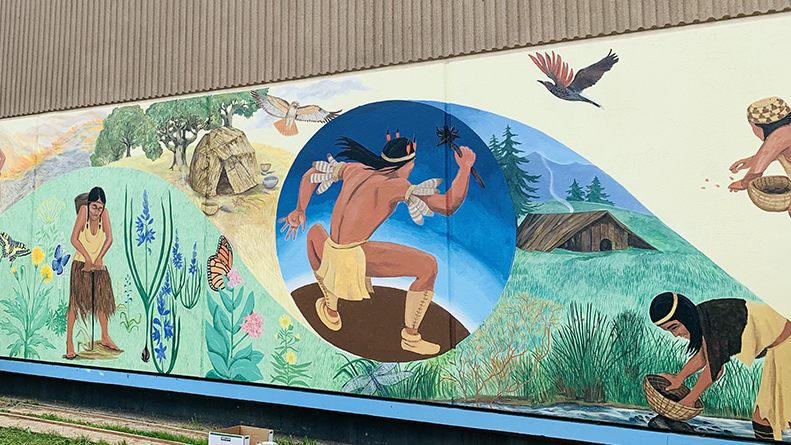
Kalapuya Cultural Project and Wetlands Preservation
The mural, “Willamette Wetlands of the Kalapuya," is part of a larger project, the “Kalapuya Cultural Project and Wetlands Preservation” sponsored by Beyond Toxics and Friendly Area Neighbors Equity Action Team. The project includes an informational kiosk, this web resource, environmental and cultural curriculum resources, and ongoing enhancement of the park wetlands to preserve and expand the presence of the significant native plants within these sites. Learn more
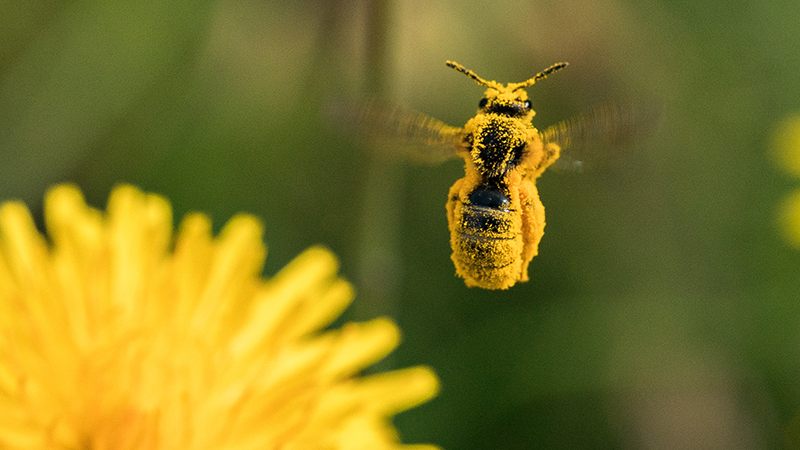
Pollinator Health & Food Security
Healthy and diverse pollinator populations are an integral piece in the larger picture of worldwide health and nutrition. Bees and other pollinating insects are crucial to the food produced by more than 2.5 billion small farmers worldwide. Learn more
Victories
Every time a little species vanishes, it may not seem important. But the thread is pulled from that tapestry and the picture gets weaker as more threads are pulled, until that tapestry, once so beautiful, is hanging in tatters.
”





